[Anchor]
Now, let's take a look at the key issues that will determine whether President Yoon will be detained and how they differ from the previously issued arrest warrants.
Reporter Kim Young-hoon has the details.
[Report]
The factors that will determine President Yoon Suk Yeol's detention include the substantiation of the charges and concerns about flight and evidence destruction.
According to the Criminal Procedure Act, a judge can issue a detention warrant if there is "considerable reason to suspect that a crime has been committed."
Unlike arrest warrants that are issued solely for "failure to appear" or "risk of non-appearance," a higher level of evidence is required for the issuance of a detention warrant.
[Kim Kyung-soo/KBS Legal Advisor: "In the case of a detention warrant, the substantiation of the crime, concerns about flight and evidence destruction, and the seriousness of the crime can all be important factors."]
Concerns about evidence destruction and flight are also significant, as the CIO is expected to argue that President Yoon did not comply with the execution of the arrest warrants and refused to testify after the arrest, indicating a risk of evidence destruction and flight.
On the other hand, President Yoon's side is likely to counter that most of the suspects in the insurrection case are already in custody, making evidence destruction difficult, and that there is no risk of flight due to his status as the sitting president.
The seriousness of the crime and the risk of reoffending are also important considerations in determining the grounds for detention, and the CIO stated today (1.17) that they filed for a detention warrant, considering "the seriousness of the crime and the risk of reoffending."
They seem to believe that if President Yoon's custody is not secured, there is a high possibility he will instruct evidence destruction and other actions.
As this detention hearing will provide the judiciary's first assessment of the substantiation of President Yoon's charges, it is expected that there will be intense exchanges between both sides during the hearing tomorrow (1.18).
This is KBS News, Kim Young-hoon.
Now, let's take a look at the key issues that will determine whether President Yoon will be detained and how they differ from the previously issued arrest warrants.
Reporter Kim Young-hoon has the details.
[Report]
The factors that will determine President Yoon Suk Yeol's detention include the substantiation of the charges and concerns about flight and evidence destruction.
According to the Criminal Procedure Act, a judge can issue a detention warrant if there is "considerable reason to suspect that a crime has been committed."
Unlike arrest warrants that are issued solely for "failure to appear" or "risk of non-appearance," a higher level of evidence is required for the issuance of a detention warrant.
[Kim Kyung-soo/KBS Legal Advisor: "In the case of a detention warrant, the substantiation of the crime, concerns about flight and evidence destruction, and the seriousness of the crime can all be important factors."]
Concerns about evidence destruction and flight are also significant, as the CIO is expected to argue that President Yoon did not comply with the execution of the arrest warrants and refused to testify after the arrest, indicating a risk of evidence destruction and flight.
On the other hand, President Yoon's side is likely to counter that most of the suspects in the insurrection case are already in custody, making evidence destruction difficult, and that there is no risk of flight due to his status as the sitting president.
The seriousness of the crime and the risk of reoffending are also important considerations in determining the grounds for detention, and the CIO stated today (1.17) that they filed for a detention warrant, considering "the seriousness of the crime and the risk of reoffending."
They seem to believe that if President Yoon's custody is not secured, there is a high possibility he will instruct evidence destruction and other actions.
As this detention hearing will provide the judiciary's first assessment of the substantiation of President Yoon's charges, it is expected that there will be intense exchanges between both sides during the hearing tomorrow (1.18).
This is KBS News, Kim Young-hoon.
■ 제보하기
▷ 카카오톡 : 'KBS제보' 검색, 채널 추가
▷ 전화 : 02-781-1234, 4444
▷ 이메일 : kbs1234@kbs.co.kr
▷ 유튜브, 네이버, 카카오에서도 KBS뉴스를 구독해주세요!
- Detention vs. arrest warrants
-
- 입력 2025-01-18 00:20:23
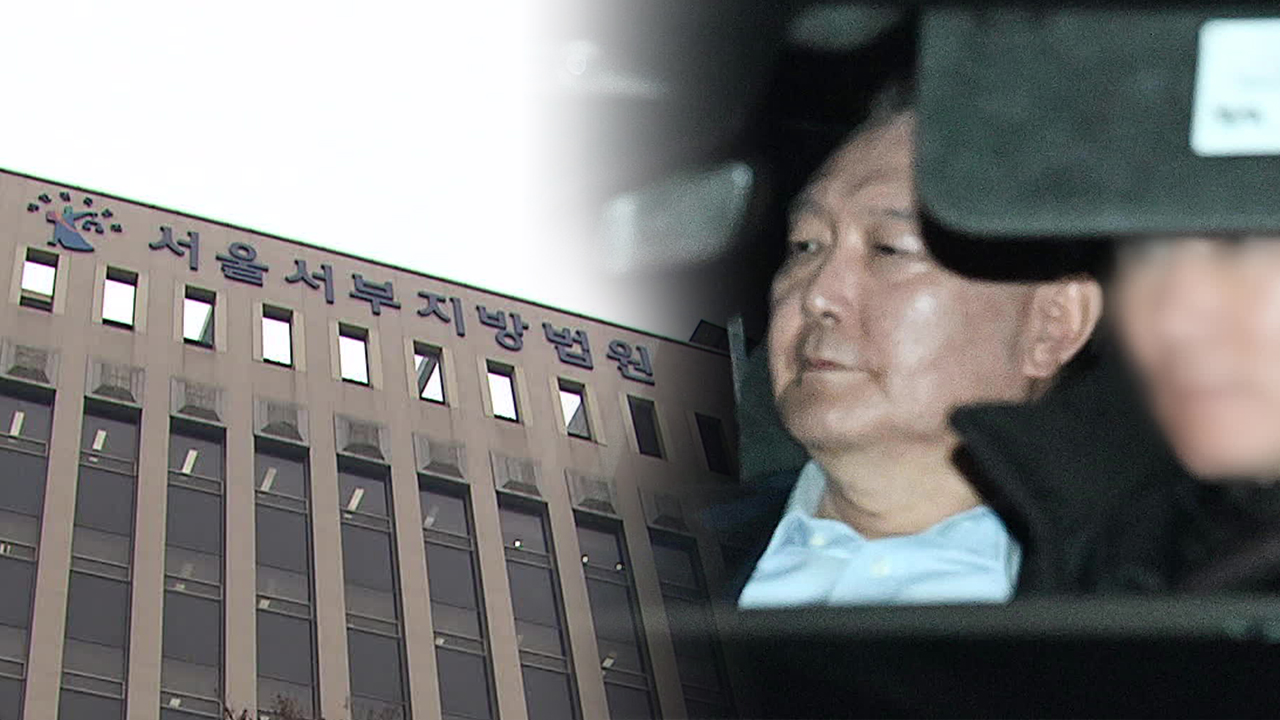
[Anchor]
Now, let's take a look at the key issues that will determine whether President Yoon will be detained and how they differ from the previously issued arrest warrants.
Reporter Kim Young-hoon has the details.
[Report]
The factors that will determine President Yoon Suk Yeol's detention include the substantiation of the charges and concerns about flight and evidence destruction.
According to the Criminal Procedure Act, a judge can issue a detention warrant if there is "considerable reason to suspect that a crime has been committed."
Unlike arrest warrants that are issued solely for "failure to appear" or "risk of non-appearance," a higher level of evidence is required for the issuance of a detention warrant.
[Kim Kyung-soo/KBS Legal Advisor: "In the case of a detention warrant, the substantiation of the crime, concerns about flight and evidence destruction, and the seriousness of the crime can all be important factors."]
Concerns about evidence destruction and flight are also significant, as the CIO is expected to argue that President Yoon did not comply with the execution of the arrest warrants and refused to testify after the arrest, indicating a risk of evidence destruction and flight.
On the other hand, President Yoon's side is likely to counter that most of the suspects in the insurrection case are already in custody, making evidence destruction difficult, and that there is no risk of flight due to his status as the sitting president.
The seriousness of the crime and the risk of reoffending are also important considerations in determining the grounds for detention, and the CIO stated today (1.17) that they filed for a detention warrant, considering "the seriousness of the crime and the risk of reoffending."
They seem to believe that if President Yoon's custody is not secured, there is a high possibility he will instruct evidence destruction and other actions.
As this detention hearing will provide the judiciary's first assessment of the substantiation of President Yoon's charges, it is expected that there will be intense exchanges between both sides during the hearing tomorrow (1.18).
This is KBS News, Kim Young-hoon.
Now, let's take a look at the key issues that will determine whether President Yoon will be detained and how they differ from the previously issued arrest warrants.
Reporter Kim Young-hoon has the details.
[Report]
The factors that will determine President Yoon Suk Yeol's detention include the substantiation of the charges and concerns about flight and evidence destruction.
According to the Criminal Procedure Act, a judge can issue a detention warrant if there is "considerable reason to suspect that a crime has been committed."
Unlike arrest warrants that are issued solely for "failure to appear" or "risk of non-appearance," a higher level of evidence is required for the issuance of a detention warrant.
[Kim Kyung-soo/KBS Legal Advisor: "In the case of a detention warrant, the substantiation of the crime, concerns about flight and evidence destruction, and the seriousness of the crime can all be important factors."]
Concerns about evidence destruction and flight are also significant, as the CIO is expected to argue that President Yoon did not comply with the execution of the arrest warrants and refused to testify after the arrest, indicating a risk of evidence destruction and flight.
On the other hand, President Yoon's side is likely to counter that most of the suspects in the insurrection case are already in custody, making evidence destruction difficult, and that there is no risk of flight due to his status as the sitting president.
The seriousness of the crime and the risk of reoffending are also important considerations in determining the grounds for detention, and the CIO stated today (1.17) that they filed for a detention warrant, considering "the seriousness of the crime and the risk of reoffending."
They seem to believe that if President Yoon's custody is not secured, there is a high possibility he will instruct evidence destruction and other actions.
As this detention hearing will provide the judiciary's first assessment of the substantiation of President Yoon's charges, it is expected that there will be intense exchanges between both sides during the hearing tomorrow (1.18).
This is KBS News, Kim Young-hoon.
-
-

김영훈 기자 huni@kbs.co.kr
김영훈 기자의 기사 모음
-
이 기사가 좋으셨다면
-
좋아요
0
-
응원해요
0
-
후속 원해요
0










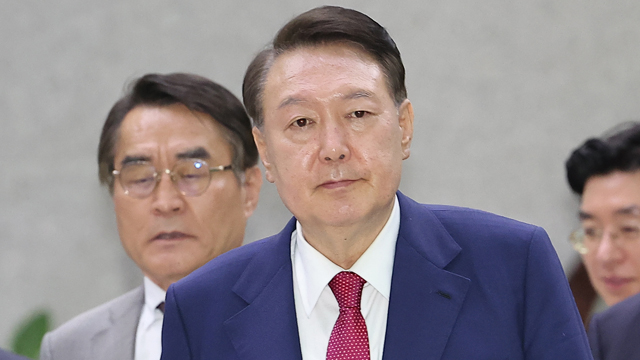
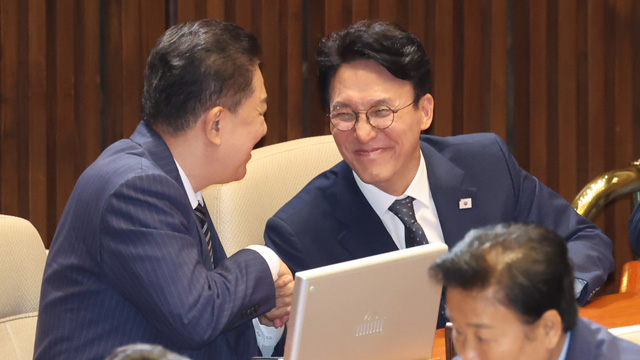
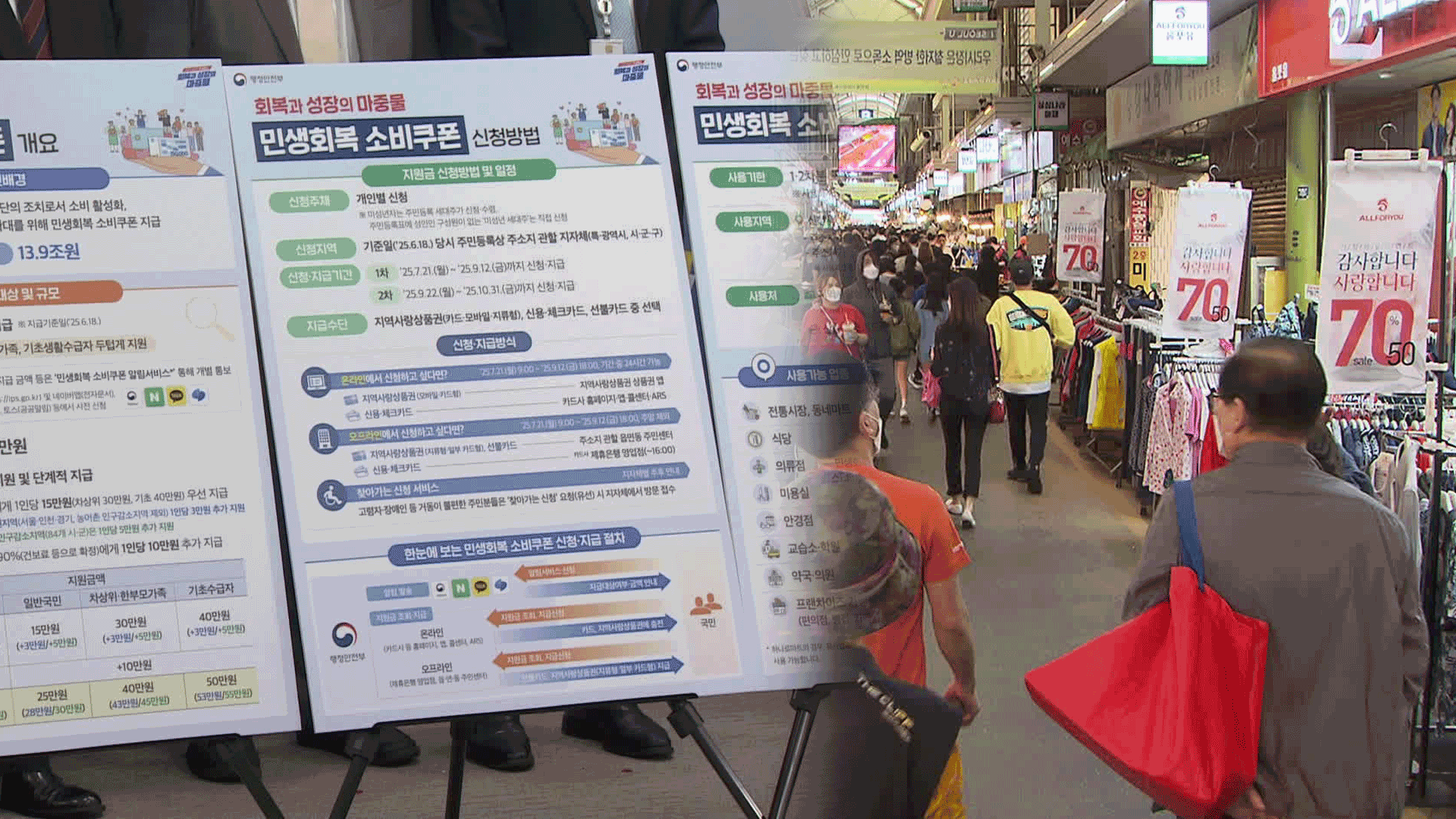
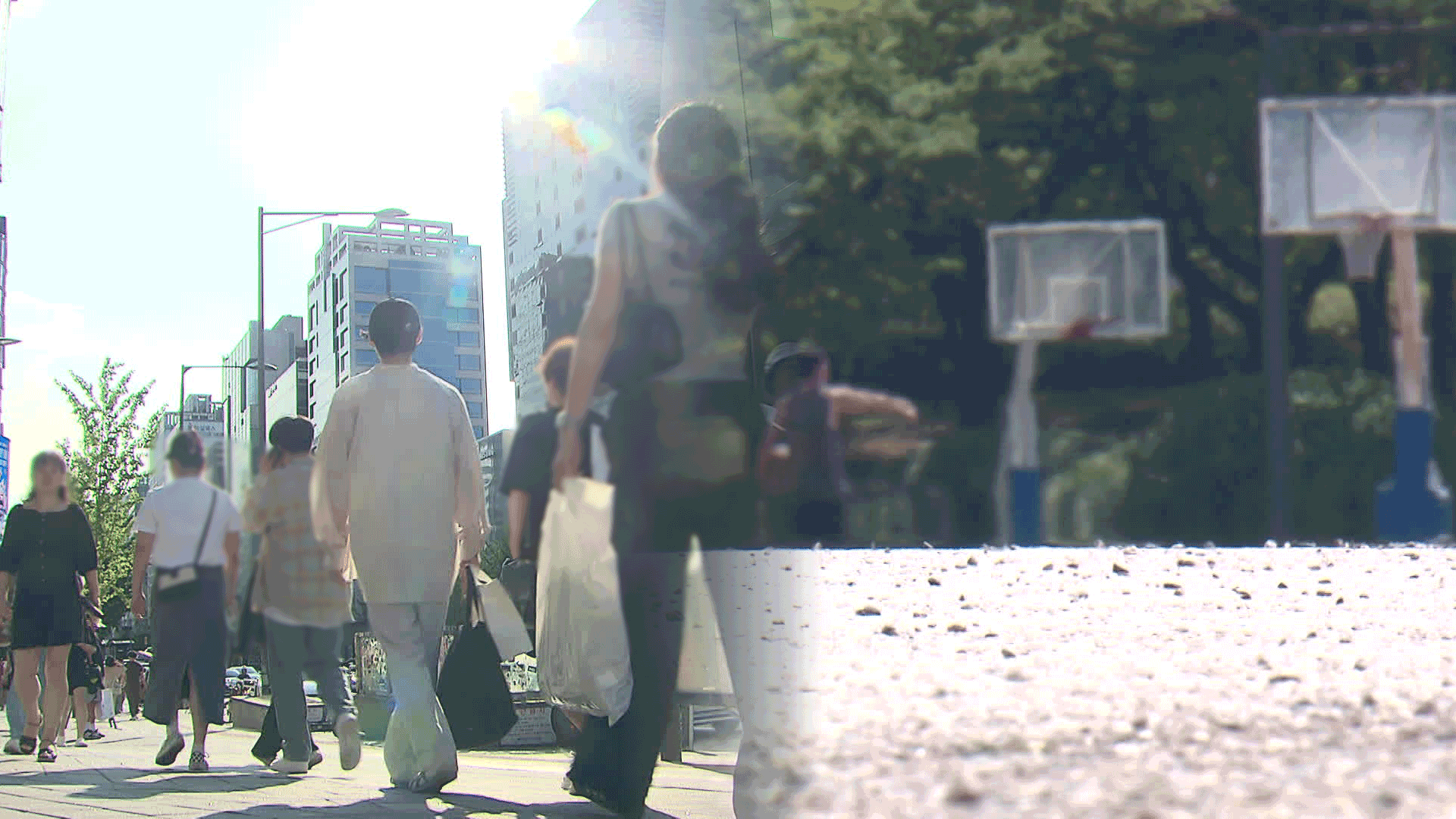

이 기사에 대한 의견을 남겨주세요.